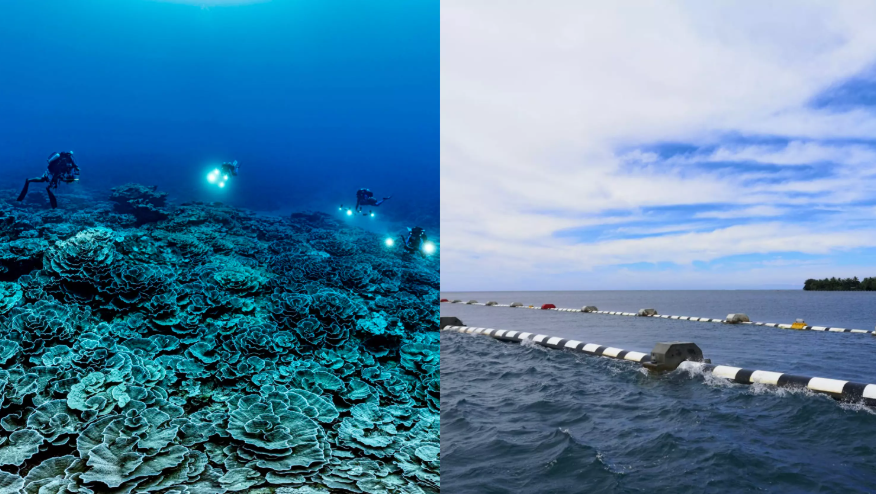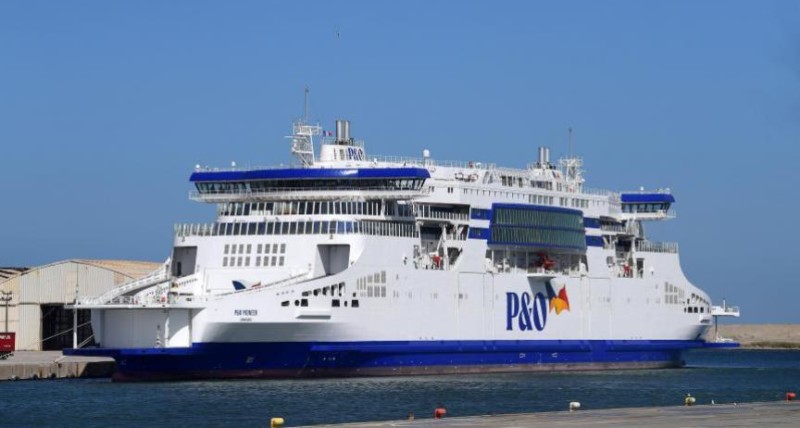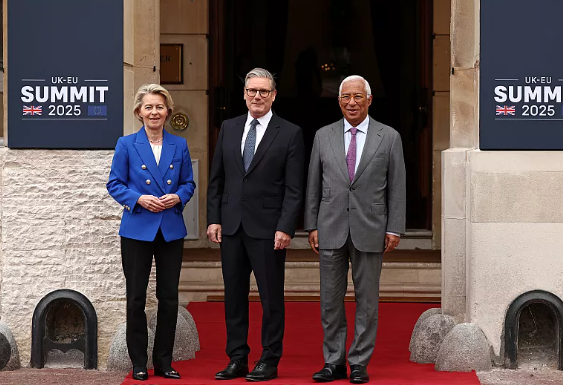During a recent general assembly, members of the Polynesian Maritime Cluster revealed promising figures for the sector: over 80 billion XPF in revenue for 2023. Against this backdrop of growth, French Polynesia has been selected by the United Nations to participate in the upcoming Ocean Conference, scheduled from June 9 to 13 in Nice. This international event, following previous editions in New York (2017) and Lisbon (2022), is aimed at protecting marine biodiversity, reducing pollution, and promoting the sustainable use of ocean resources. This year, Polynesia will take center stage.
Polynesia will be featured in both the public zone—where local associations and stakeholders will lead conferences—and the “blue zone,” a restricted area reserved for experts and heads of state. Out of over 600 applications, the Polynesian project was selected by the UN, presenting a key opportunity to secure funding—an essential element for progress.
“This event is being organized thanks to the support of the Tetiaroa Society and the International Seabed Authority,” said Étienne de La Fouchardière, Deputy Secretary-General of the High Commission. “It will allow us to deliver a strong political message about both Polynesia’s and France’s position on seabed resources.” That position prioritizes scientific knowledge and the urgent need to preserve seabeds, which remain largely unexplored.
“The other message we want to convey is that deep-sea resources can be used sustainably,” he added, referring to pioneering projects in Polynesia, such as ocean thermal energy and seawater air conditioning systems (SWAC). The SWAC system installed at the hospital, which remains a world-first at this scale, draws water from a depth of 1,000 meters to cool large infrastructure.
This international recognition is also the result of momentum generated by the Polynesian Maritime Cluster, an organization that for the past ten years has united all stakeholders in the blue economy. According to Cluster Coordinator Stéphane Renard, “Today, nearly 13% of the active workforce in Polynesia is employed in the maritime sector, and over 80% of the country’s export earnings come from this area.”
Renard emphasized the cluster’s ongoing mission: “We want to keep developing this sector, training our seafarers, enhancing our shipbuilding and repair capacity, and mastering the entire value chain, right through to design and engineering offices.” He advocated for greater local ownership of maritime professions and expertise, encouraging Polynesians to continue expanding these skills.
Polynesia’s maritime economy has experienced over a decade of continuous growth. The cluster also reported a 15% increase in maritime businesses over the past ten years, accompanied by a significant rise in revenue—more than 80 billion XPF (€670.4 million) in 2023. These results underscore the growing importance of the blue economy in Polynesia’s overall economic development.
Source: outremers360




